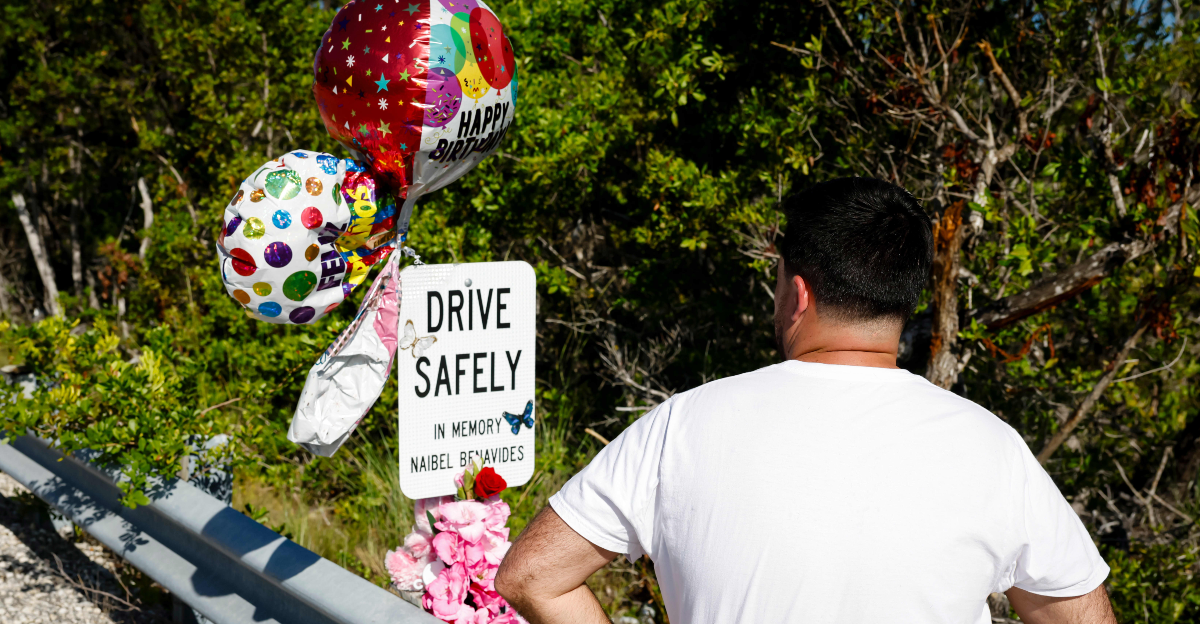
A fatal crash involving a Tesla Model S operating on Autopilot in Key Largo, Florida, killed 22-year-old Naibel Benavides and seriously injured her boyfriend.
According to CNBC, the incident brought Tesla’s software and accountability into sharp focus. Philip Koopman, an autonomous tech expert, said, “This case signals serious safety and legal questions for the industry.”
Stakes Rise Fast
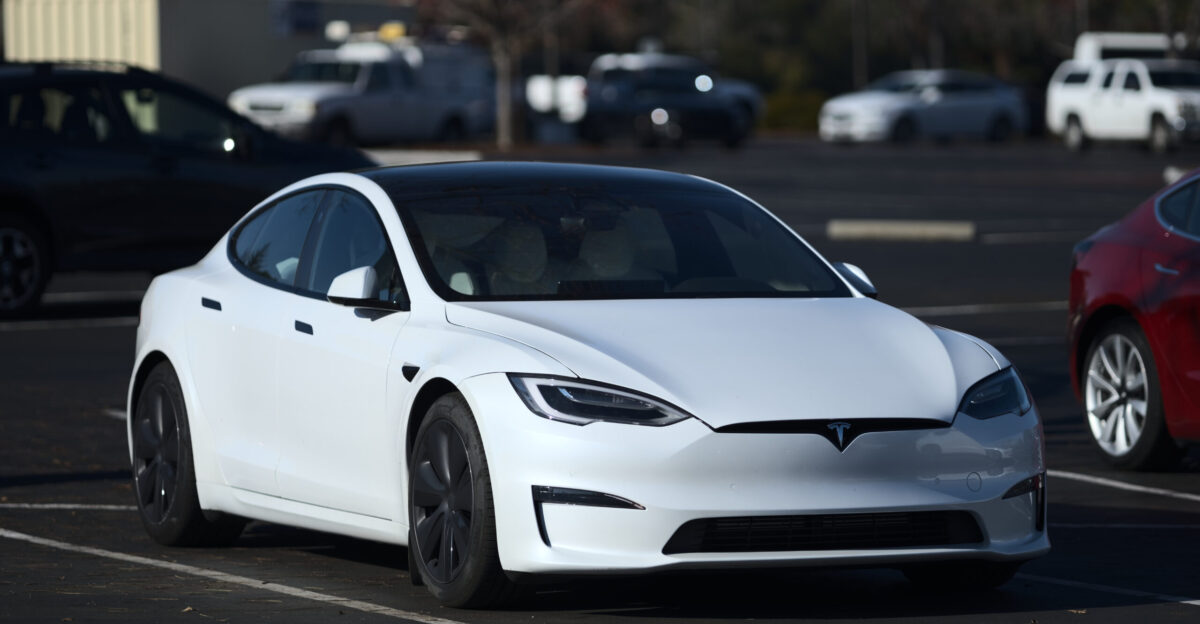
Tesla claimed critical crash data was missing, a stance that complicated plaintiff efforts and raised regulatory alarms.
NPR reports that this fallout created broader concerns about automaker data transparency. Brett Schreiber, plaintiffs’ attorney, said, “Words matter. Hiding data means hiding facts—and accountability.”
Autopilot Under Fire
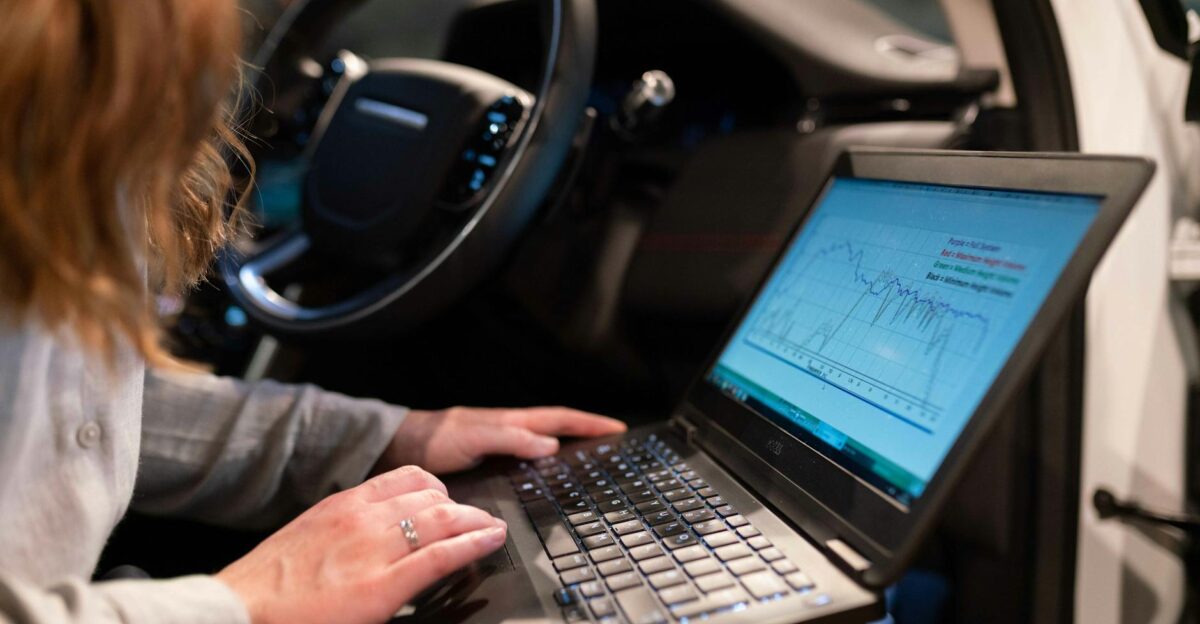
Tesla’s Autopilot has been involved in several fatal crashes since 2018, including the Key Largo case. According to the New York Times, lawyers argued the software “should have avoided the crash.”
Tesla engineer Akshay Phatak admitted to lapses in crash data records, causing deep scrutiny of Tesla’s monitoring practices.
Mounting Pressure
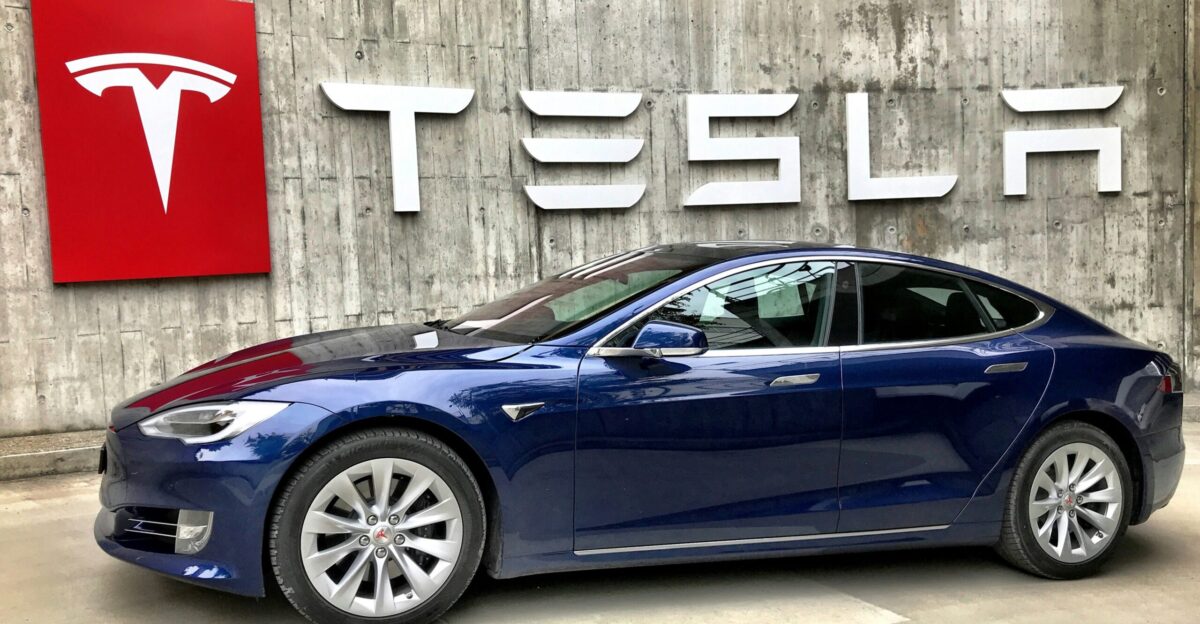
For years, families and attorneys struggled to recover sensor data, hitting a wall with Tesla’s repeated claims of lost information. The Washington Post highlights how pursuit of evidence became “an impasse.”
Corporal David Riso described the search as exhausting: “We tried everything and got nowhere—until the hacker stepped in.”
Hacker Steps In

In October 2024, data security expert Greentheonly was flown to Miami by the plaintiffs and successfully recovered crash data Tesla claimed was gone.
According to post-trial records, the hacker’s find included video of the collision. Greentheonly stated, “Any reasonable person could see the data was there.”
Courtroom Impact
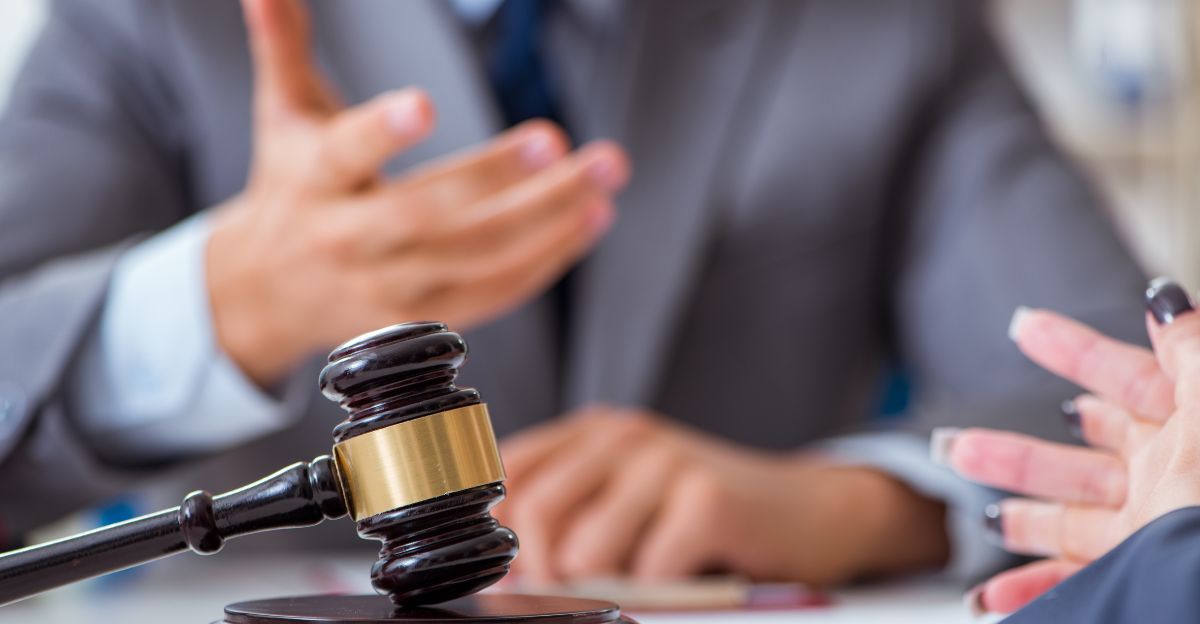
Recovery of the contested data enabled attorneys to argue their case more effectively in Miami federal court. NPR details how the jury’s decision was swayed by newly introduced evidence.
Miguel Custodio, legal expert, commented, “This sets new precedent—more cases will now see the light of day.”
Faces Behind the Tragedy

The tragedy deeply affected survivors. Naibel Benavides’ sister, Neima, said: “My sister is gone. Nothing can bring her back.”
Survivor Dillon Angulo’s injuries were life-altering. According to the Washington Post, their ordeal fueled calls for safety reforms.
Competitor Response
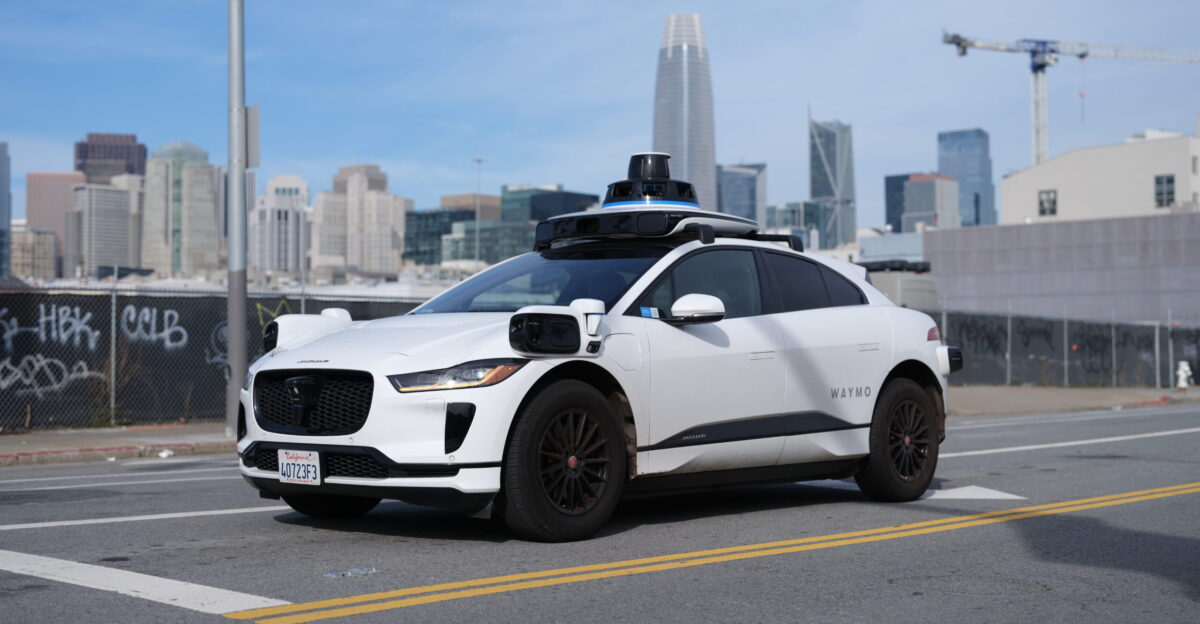
After the verdict, rivals like Waymo moved to increase crash data transparency in their autonomous fleets. The BBC notes that international regulators referenced the Miami case as a pivotal event in auditing Tesla and other companies. “This is a watershed moment,” said EU safety advisor Anna Weiss.
New Probe
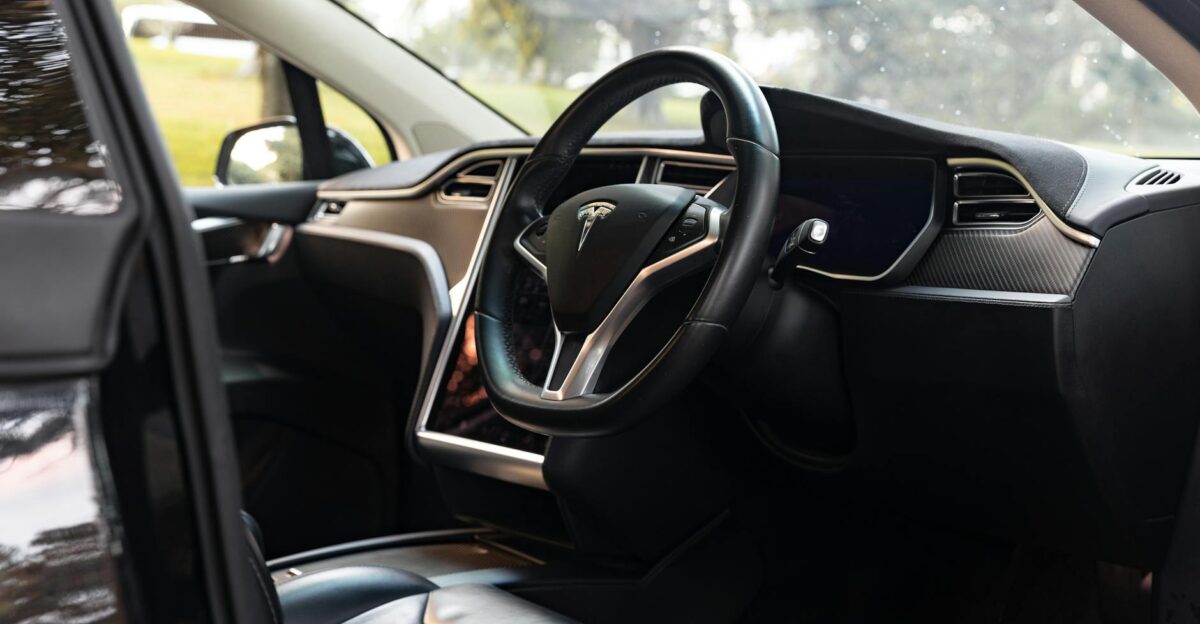
NHTSA launched a new probe into Tesla’s Full Self-Driving system after the Miami crash. TechCrunch reports the review targets data retention and response in reduced-visibility crashes. NHTSA’s spokesperson noted, “Automated vehicles are under unprecedented scrutiny.”
Internal Deletion
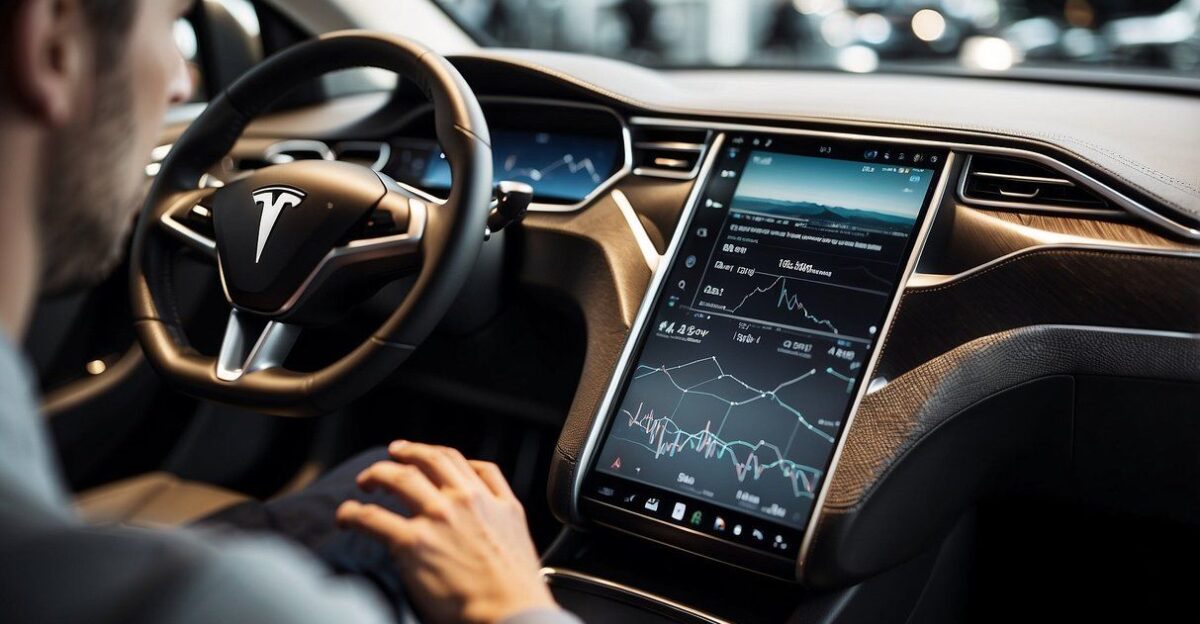
Testimony revealed Tesla’s Autopilot team may have attempted to delete control unit copies, raising concerns about evidence integrity.
Tesla attorney Joel Smith called handling “clumsy.” Plaintiffs’ lawyer Brett Schreiber countered, “Intentional misdirection undermines trust.”
Frustration Mounts
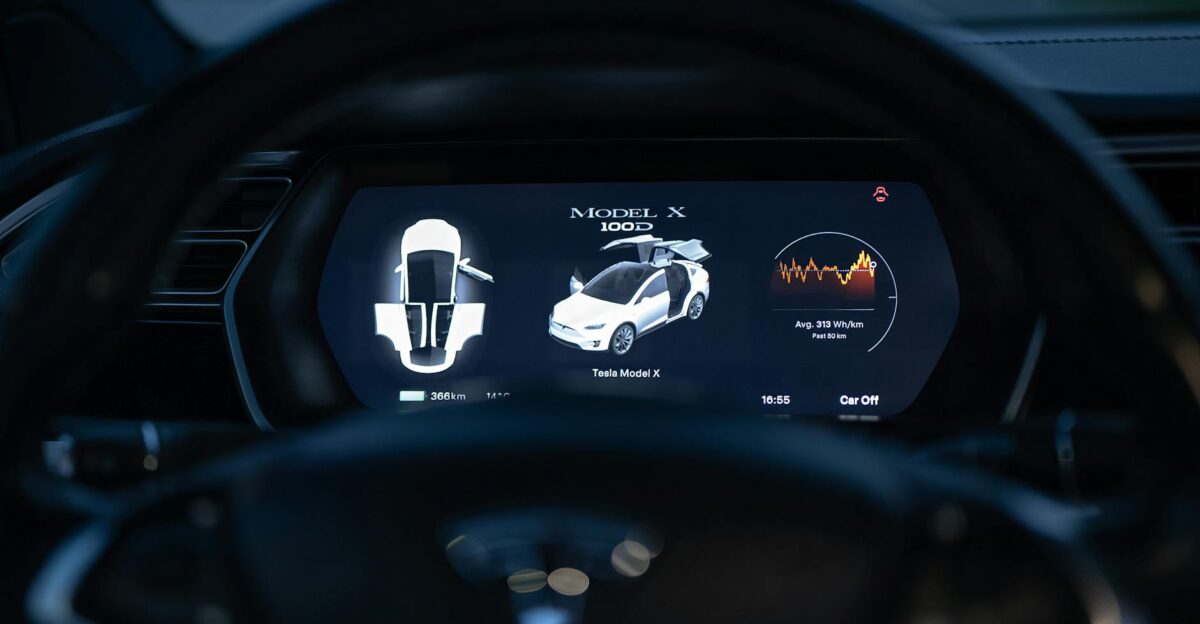
Recorded legal filings show repeated attempts to obtain crash data failed over several years, frustrating both plaintiffs and regulators.
Attorney Custodio described the process: “Stonewalling was extreme. The fact that data was ultimately found says a lot.”
Leadership on Trial
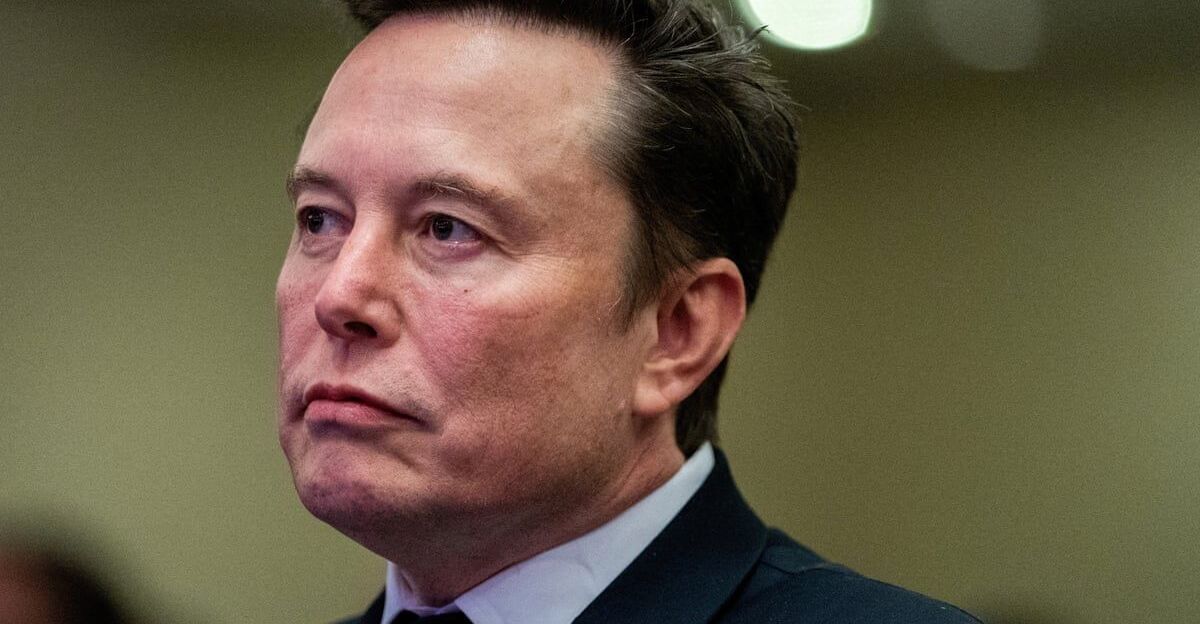
Tesla’s corporate response drew criticism from shareholders and auto safety experts after the verdict. NY Times reports Tesla’s attorneys defended their position, but Brett Schreiber stressed, “Tesla’s irresponsible development of Autopilot must change.”
Strategic Reset

Following trial fallout, Tesla announced revised data retention standards and renewed commitments to transparency.
According to Reuters, leadership outlined “substantial reforms” as a way forward and expressed confidence in the appeals process.
Experts Remain Dubious
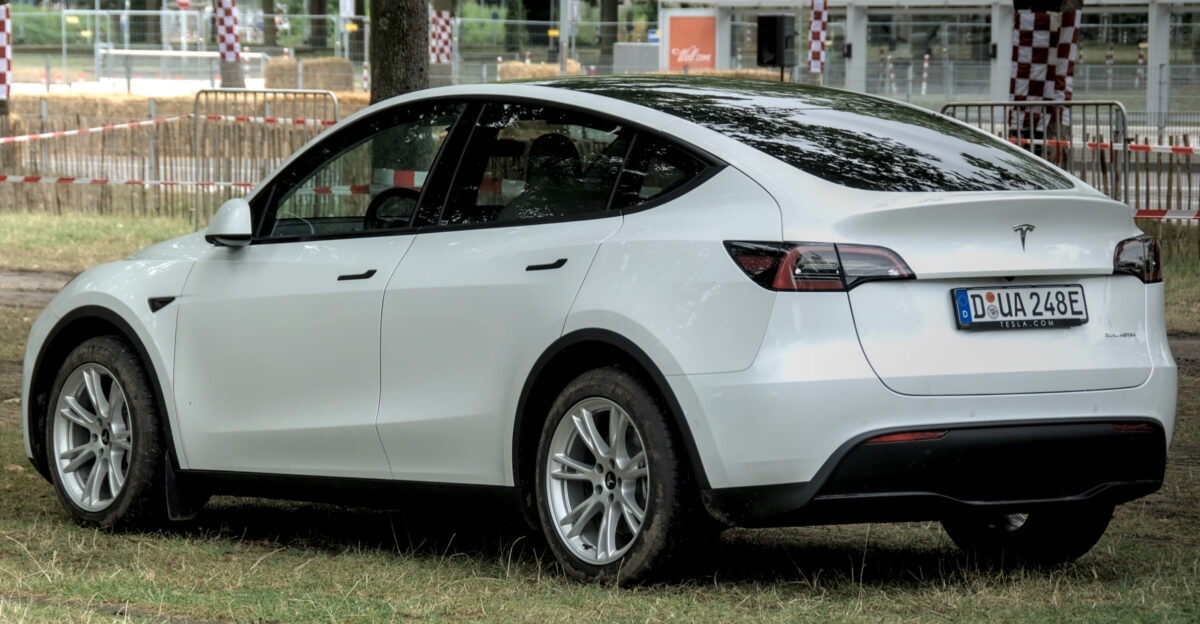
Despite these pledges, experts like Philip Koopman remain skeptical about Tesla’s monitoring systems. “Only clear accountability will improve safety,” Koopman told Reuters. Others warn that future mishaps could expose more flaws in autonomous vehicle oversight.
Looking Ahead

Some industry insiders question whether hackers and freelance experts will increasingly be needed to recover crash evidence.
According to Washington Post, the Miami case has prompted calls for third-party audits of automaker data systems.
Policy Reforms

The Miami lawsuit pushed federal regulators toward proposing stricter rules for crash data reporting and retention. BBC reports policy changes are imminent, aiming to close loopholes highlighted by the Tesla crash dispute.
Global Fallout
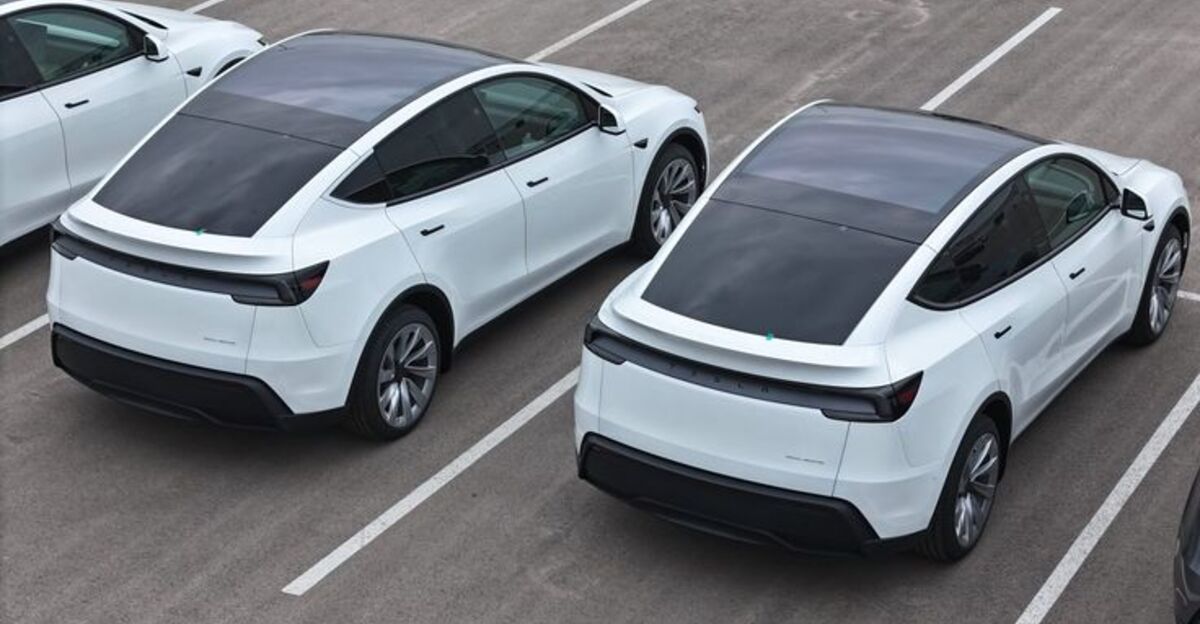
German authorities and the EU cited Miami’s outcome when reviewing Tesla’s compliance, influencing international transparency standards for self-driving cars. EU advisor Weiss called it “a global benchmark.”
Legal Waves
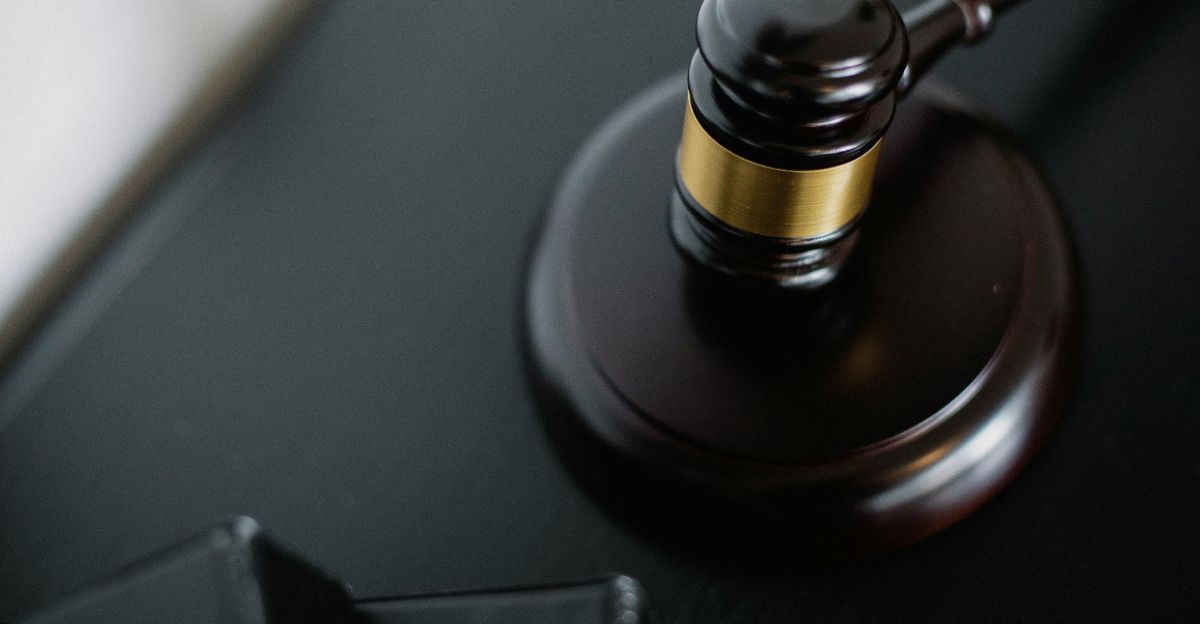
The Miami verdict sent shockwaves through auto industry courtrooms. NPR reports legal analysts see wider ramifications, with more product liability cases now likely to invoke Tesla’s example.
Shifting Ethics
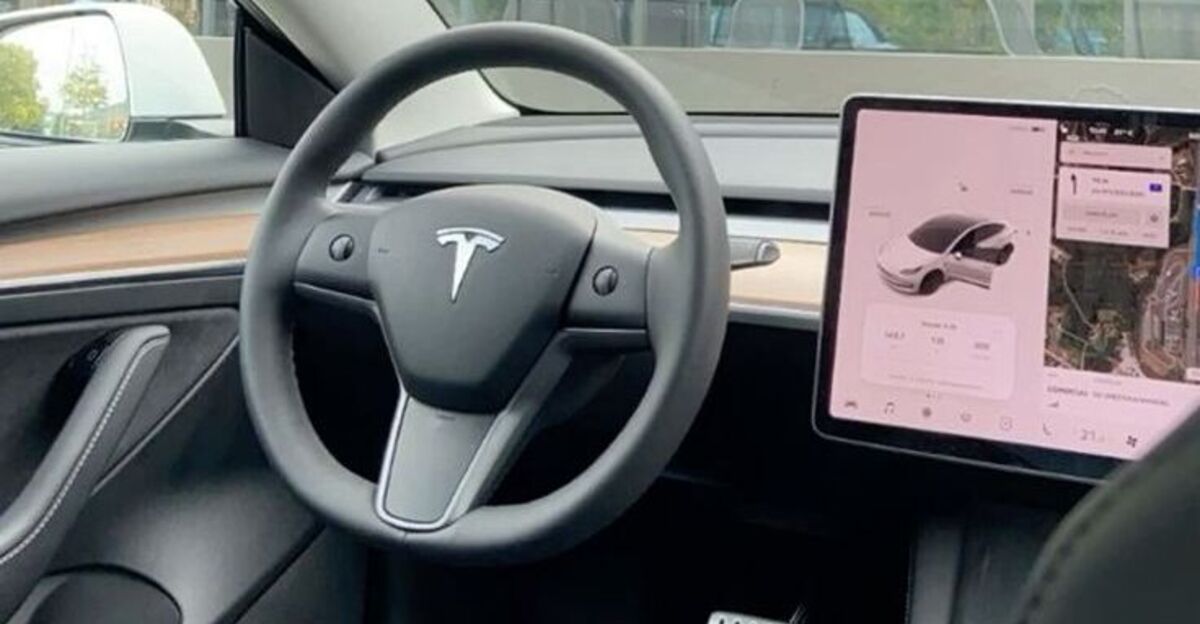
Consumer advocates now question automaker deletion protocols and call for stricter standards in digital records.
NPR states, “Drivers must trust their vehicles record events truthfully.” Law professor Dana Shulman adds, “This is about lives, not just litigation.”
Lasting Lessons
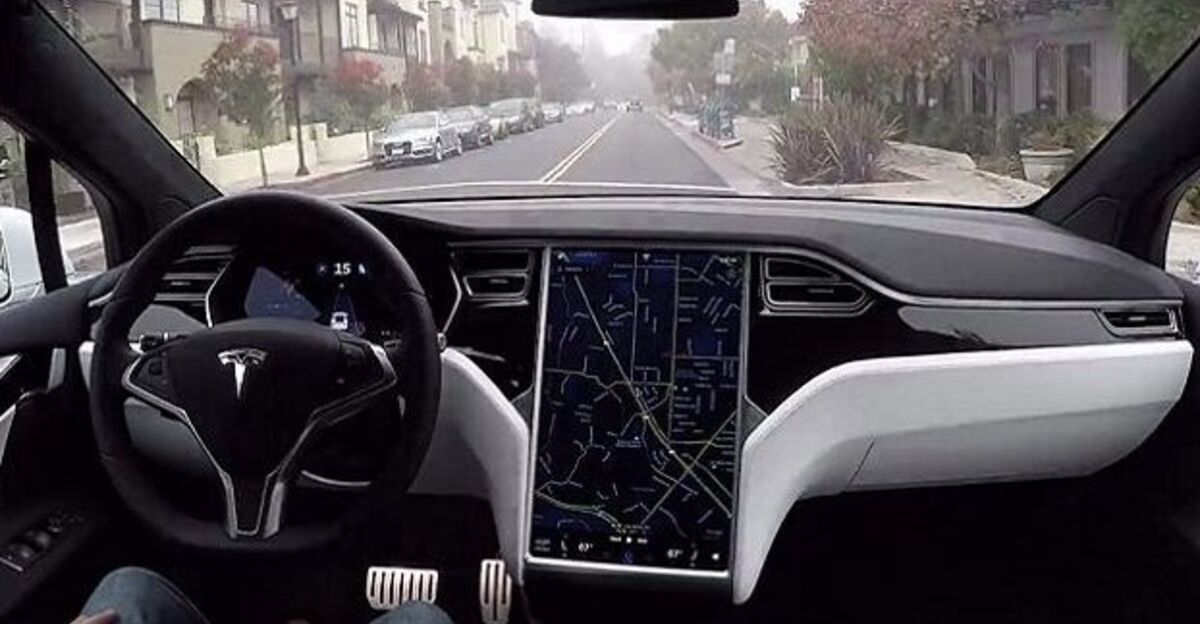
The Tesla data saga represents a major shift in automotive accountability. As the Washington Post summarizes, hackers, regulators, and everyday families are driving the next wave of reforms that will impact road safety for years to come.